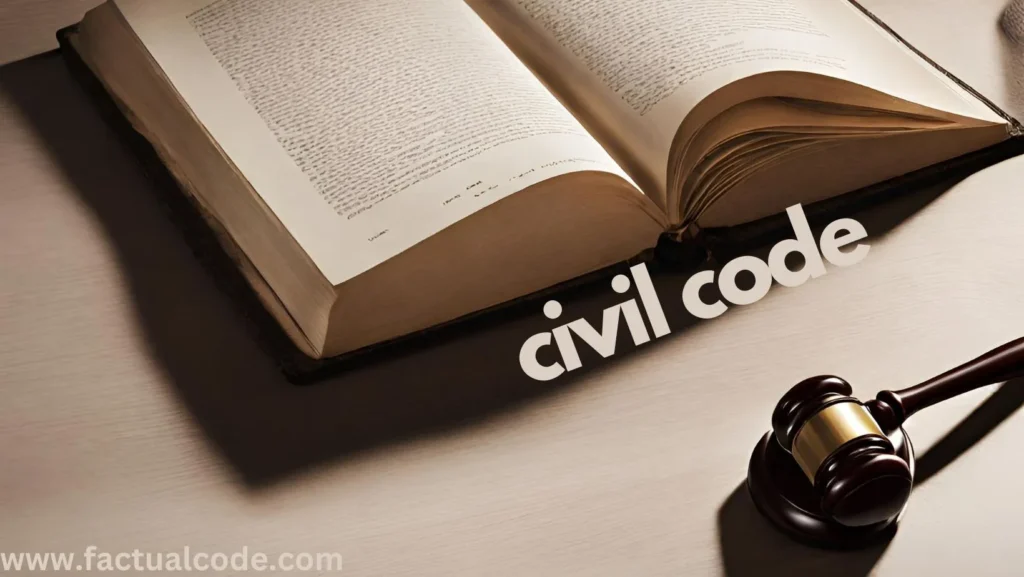1. Appointment of a Commissioner
The powers of a civil court to appoint a Commissioner are laid down in Sections 75 to 78 of the Code of Civil Procedure, 1908, while the detailed procedure for issuing commissions is provided under Order 26 of the CPC.
1.1 Grounds for Appointment
Under Section 75 of CPC, a court has discretionary power to issue a commission for various purposes:
- To examine a witness (especially those who cannot attend court due to illness, age, or distance),
- To conduct a local investigation (for example, to ascertain facts related to property boundaries or physical conditions of the disputed area),
- To adjust accounts (in cases involving detailed accounting),
- To partition property,
- To conduct scientific investigations or expert analysis,
- To conduct the sale of property,
- To perform any ministerial act (administrative tasks related to the case).
Relevant Case Law:
United India Insurance Co. Ltd. v. Seno (1998) 1 RCR 692: The court clarified that the appointment of a commissioner to examine witnesses applies not only to civil suits but also to other proceedings.
Madhu Sudan Pradhan v. Santosh Kumar Das, AIR 2004 Ori 86: The Orissa High Court held that appointing a Commissioner for local investigation would amount to collecting evidence on behalf of one party, and such an appointment was rejected.
1.2 Discretionary Nature of Appointment
The power to appoint a Commissioner is at the discretion of the court and is not an absolute right of the parties. The appointment is made to assist the court in ensuring justice by gathering relevant information that cannot be easily obtained otherwise.
Relevant Case Law:
K.M.A. Wahab v. Eswaran, 2008 (3) CTC 597: The court ruled that a Commissioner cannot be appointed to inquire into who holds possession of disputed property, as that requires evidence to be presented by the parties themselves.
Sarala Jain v. Sangu Gangadhar, 2013 (3) ALD 64 (SC): The court held that the appointment of a Commissioner to demarcate boundary stones prior to trial was improper, as it granted partial relief to one party.
1.3 Situations Where a Commissioner May Be Appointed
Some typical scenarios where the court appoints a Commissioner include:
- When a witness is unable to appear due to distance, illness, or infirmity,
- When property boundaries are in dispute, requiring a surveyor to inspect and report,
- When an expert opinion is required, such as handwriting verification or medical examination,
- To deliver possession of property in execution proceedings.
2. Powers of a Commissioner
Once appointed, the Commissioner is vested with certain powers similar to that of a civil court, as defined under Section 75 and Order 26 of CPC. These powers are necessary to effectively perform their duties and ensure the collection of proper evidence.
2.1 Powers Under Section 75 and Order 26
The Commissioner has the following powers:
- Examine witnesses: They can take depositions from witnesses who are unable to attend court.
- Enforce attendance: They can compel witnesses to attend and provide testimony.
- Compel production of documents: They can summon necessary documents from parties for examination.
- Conduct local investigations: For instance, in property disputes, the Commissioner can visit the disputed site, measure it, and make a report based on their findings.
- Administer Oaths: The Commissioner can administer oaths to witnesses being examined.
Relevant Case Law:
- T.P. Beepathumma v. Harry Martin D’Souza, ILR 1980 Kar 725: The court emphasized that a “pardanashin” (veiled) woman could not be compelled to appear in court and that her examination had to be conducted by a Commissioner.
2.2 Limitation of Powers
While Commissioners possess wide powers, they cannot decide the case. Their reports are treated as evidence, which can be accepted or rejected by the court after proper scrutiny.
Relevant Case Law:
Padam Sen v. State of UP, AIR 1961 SC 218: The Supreme Court held that the purpose of appointing a Commissioner is not to collect evidence for a party but to elucidate facts that cannot otherwise be obtained.
Lekh Raj v. Muni Lal, 2001 (2) SCC 762: The court stated that a Commissioner could only report existing facts but could not report how those facts came into being.
2.3 Reports Submitted by Commissioner
The report submitted by the Commissioner is a crucial piece of evidence. However, the court is not bound by it and has the discretion to accept or reject it based on its findings. The parties may raise objections to the report, and the court may refer the matter back to the Commissioner for clarification or further investigation.
Relevant Case Law:
- Rangayya Kanantha v. Govinda Chatra, AIR 1970 Mys 314: The court ruled that while the Commissioner’s report is an important piece of evidence, the decision on material issues rests with the court itself.
Conclusion
The appointment of a Commissioner under the CPC is a vital mechanism that enables courts to ensure comprehensive justice by gathering evidence, conducting local investigations, and verifying facts without causing unnecessary delays. Commissioners possess significant powers, though limited to fact-finding, and their reports serve as critical evidence that must be weighed alongside other material in the case. However, courts are not bound by the Commissioner’s findings and can accept or reject them based on their discretion.
Reference- THE CODE OF CIVIL PROCEDURE, 1908 Order 26 CPC Section 75 United India Insurance Co. Ltd. vs Seno And Ors. on 28 November, 1997 Madhu Sudan Pradhan And Ors. vs Santosh Kumar Das on 20 November, 2003 K.M.A. Wahab v. Eswaran, 2008 (3) CTC 597 Sarala Jain v. Sangu Gangadhar, 2013 (3) ALD 64 (SC) T.P. Beepathumma v. Harry Martin D’Souza, ILR 1980 Kar 725 Padam Sen v. State of UP, AIR 1961 SC 218 Lekh Raj v. Muni Lal, 2001 (2) SCC 762 Rangayya Kanantha v. Govinda Chatra, AIR 1970 Mys 314

